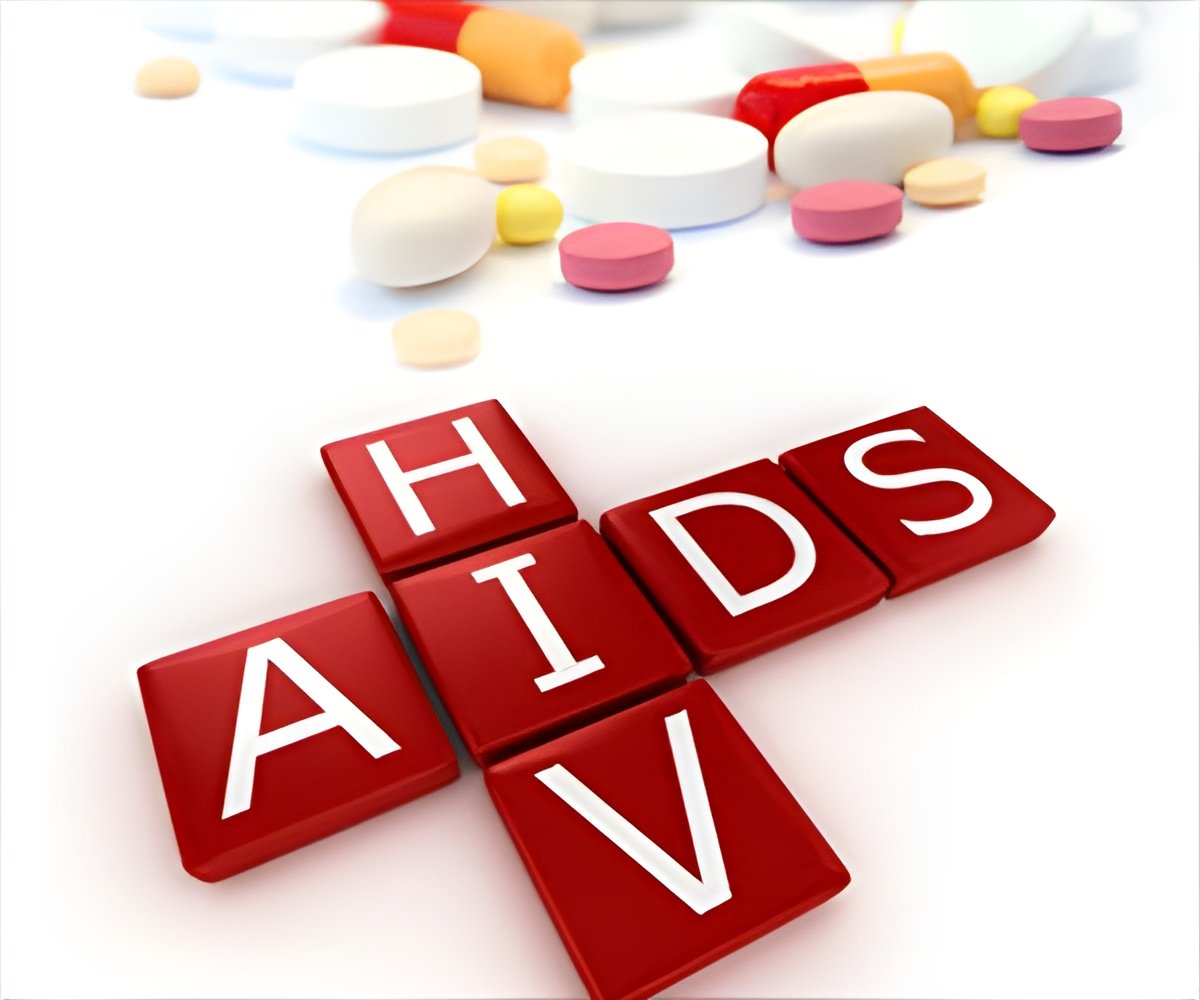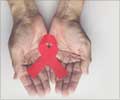Patients in chronic pain worried more frequently about health, money, food and family compared to their pain-free counterparts.

‘Economic stresses and fear of HIV-related stigma may drive people to maintain high levels of activity, even when they are in severe pain.’





To investigate whether pain does actually affect function in HIV (as it does in many other clinical conditions), researchers Dr Antonia Wadley, Emeritus Professor Duncan Mitchell and Associate Professor Peter Kamerman from the BFRG, based in the School of Physiology, Faculty of Health Sciences at Wits, conducted a cross-sectional study. The results from the study, titled: Resilience does not explain the dissociation between chronic pain and physical activity in South Africans living with HIV, are published on, 13 September 2016, in the journal PeerJ.
To explain why pain may not affect function, the researchers first put it down to African patients being resilient, i.e. the ability to cope with adversity. Explains Wadley: "No one has assessed resilience in people living with HIV and chronic pain before. We hypothesised that people living with HIV would be generally be pretty resilient, and those who were more resilient would be more active and report lower pain intensity."
For the study, the researchers recruited HIV-positive patients from an HIV clinic in Johannesburg: half with chronic pain (defined as having had pain most days for at least three months) and half without.
They then assessed resilience and, as well as asking patients about their activity, the researchers measured it objectively for the first time in a subset of patients using accelerometers, which are like sophisticated pedometers. They also asked the patients about their day-to-day worries.
Advertisement
There was no difference in activity intensity, duration, or time spent at different intensities of activity between those with and without chronic pain. "This is something you just don't see in other types of long term pain," she adds.
Advertisement
They found that patients in chronic pain worried more frequently about each of these things compared to their pain-free counterparts and that health was lowest down the list. "So it really does appear that if you are poor, pain may be relegated to a lower priority. Indeed, our analysis showed that worrying more about food associated with higher levels of activity," says Wadley.
The researchers also asked the patients in pain what else they worried about and who they had told about their pain. "It turns out that HIV-related stigma is a real problem and that half the patients in pain had not told their closest friends and some not even their family about their pain, for fear that it might reveal their HIV status."
Wadley says it thus seems that economic stresses and fear of HIV-related stigma may drive people to maintain high levels of activity, even when they are in severe pain. "What's not clear is whether this kind level of activity in the face of pain is helpful or harmful and that's something we will be looking into next," she adds.
Source-Eurekalert










